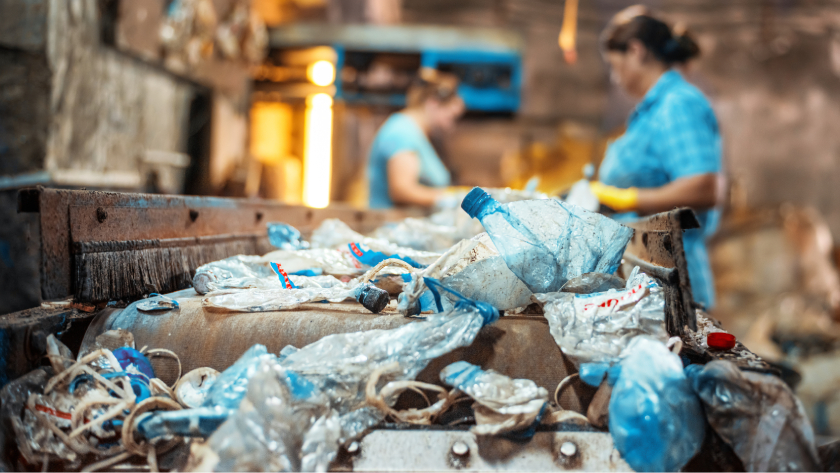Synopsis –
E-waste management in India is at a critical juncture, with growing concerns over electronic waste’s environmental and health impacts. This blog delves into the current state of e-waste management, highlighting the challenges and advancements in recycling technologies. Explore how effective e-waste management safeguards the environment and fosters economic growth by recovering valuable materials from discarded electronics. Learn about the regulatory framework, the role of e-waste management companies in India, and the transformative impact of sustainable practices on India’s e-waste landscape.
Challenges and Innovations in E-Waste Recycling
India’s burgeoning electronics market has led to a significant increase in electronic waste, posing severe challenges for environmental management. E-waste, comprising discarded electronic appliances, gadgets, and components, contains hazardous substances like lead, mercury, and cadmium. If not managed properly, these can cause severe health and environmental hazards. Thus, effective e-waste management has become imperative for India’s sustainable development.
The Growing Challenge of E-Waste in India India is one of the fastest-growing electronics markets, with millions of devices discarded yearly. According to the Central Pollution Control Board (CPCB), India generates approximately 3.2 million tonnes of e-waste annually, with projections indicating that this will reach 5.2 million tonnes by 2025. This surge in e-waste underscores the urgent need for comprehensive recycling solutions to mitigate the adverse effects on health and the environment.
Technological Innovations in E-Waste Recycling Advancements in recycling technologies have revolutionized the e-waste management landscape. Modern facilities utilize sophisticated machinery to safely dismantle electronic devices, recovering valuable metals like gold, silver, and palladium, as well as plastics and glass. Techniques such as shredding, mechanical separation, and hydrometallurgical processes ensure that toxic components are neutralized and valuable materials are recovered efficiently. These innovations enhance recycling rates and reduce the environmental footprint of e-waste processing.
Economic and Environmental Benefits Effective e-waste management offers significant economic and environmental benefits. Economically, it creates jobs in the recycling sector and reduces the need for virgin materials, lowering production costs and conserving natural resources. Environmentally, proper e-waste recycling minimizes pollution, conserves energy, and reduces greenhouse gas emissions. Recycling one tonne of e-waste can save up to 1,000 kg of fossil fuels and 1,500 kilograms of minerals, highlighting the immense potential for resource conservation.
Statistical Insight: A study by the United Nations University (UNU) reveals that only 10-15% of e-waste in India is formally recycled, with the rest ending up in landfills or informal recycling sectors. This stark statistic highlights the critical need to strengthen formal e-waste recycling infrastructure and enhance stakeholder awareness.
Quote from a Famous Indian: Dr. A.P.J. Abdul Kalam once said, “You have to dream before your dreams can come true.” This vision aligns perfectly with the goals of e-waste management in India, where innovation and sustainability are essential to realizing a cleaner, greener future.
Challenges in E-Waste Management Despite the advancements, India faces significant challenges in e-waste management. The lack of awareness among consumers, inadequate collection infrastructure, and the prevalence of informal recycling practices pose substantial hurdles. Additionally, the regulatory framework requires strengthening to ensure compliance and enforcement of e-waste management standards nationwide.
Endeavor Recyclers’ Role in E-Waste Management Endeavor Recyclers are at the forefront of India’s e-waste management revolution. Our state-of-the-art facilities have the latest technology to ensure safe and efficient electronic waste recycling. We offer comprehensive e-waste management solutions, including collection, processing, and disposal, aligned with India’s regulatory standards. Businesses and individuals can ensure their e-waste is managed responsibly by partnering with us, contributing to a sustainable future.
This blog explores the critical aspects of e-waste management in India, providing insights into the challenges, technological advancements, and the pivotal role of sustainable practices. It aims to inspire stakeholders across industries to adopt responsible e-waste management practices, promoting a cleaner and greener environment for future generations.


